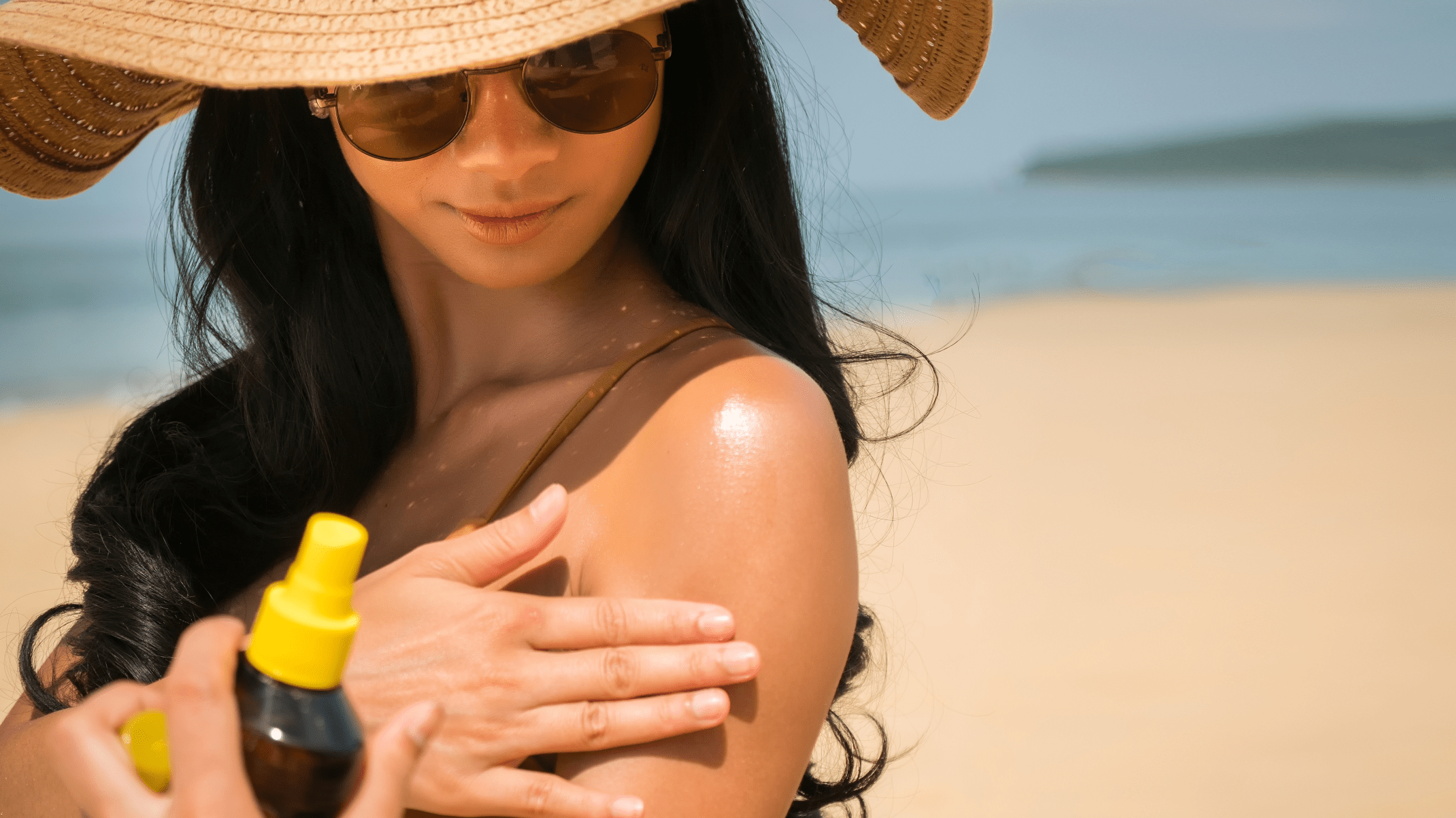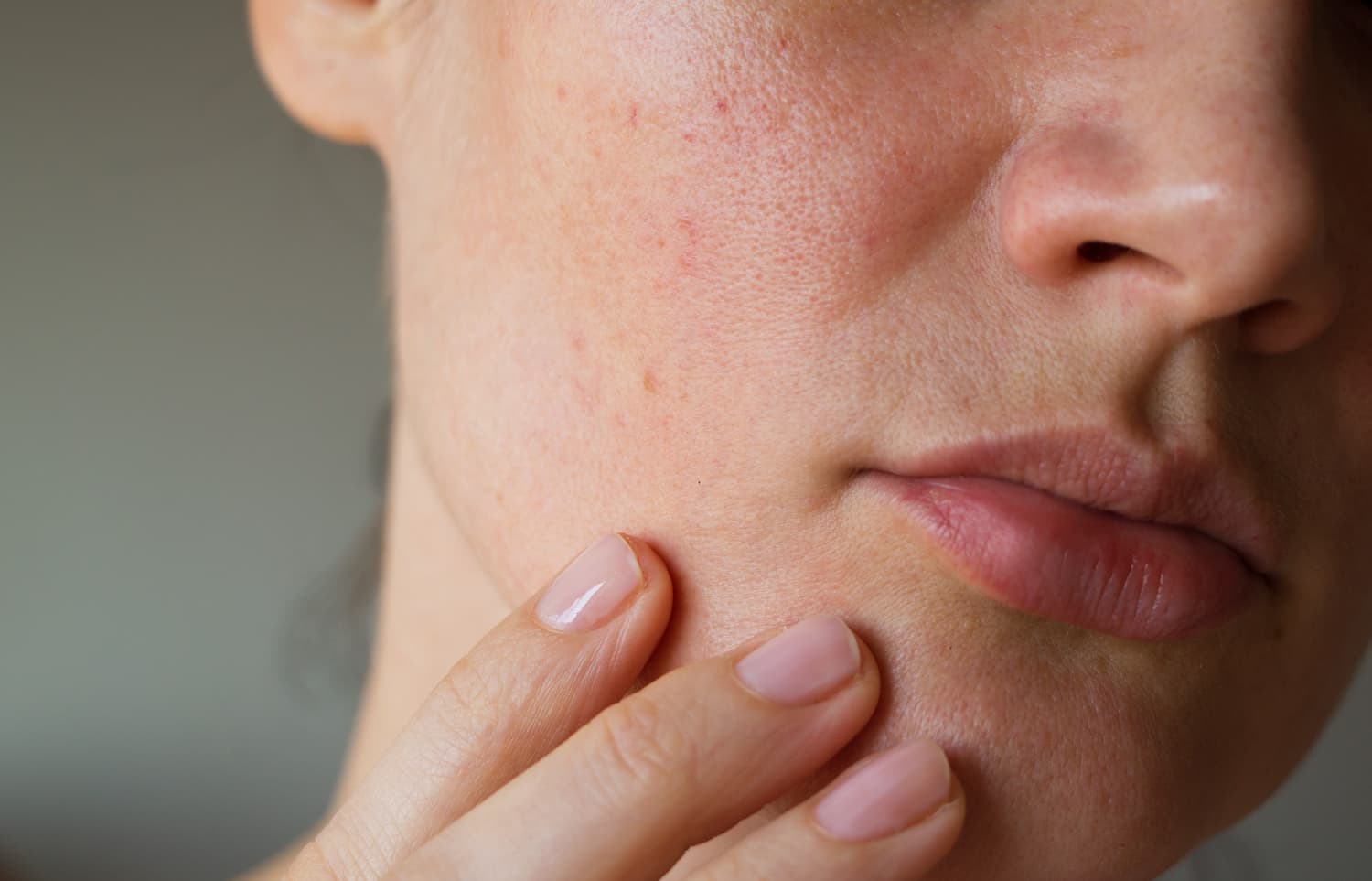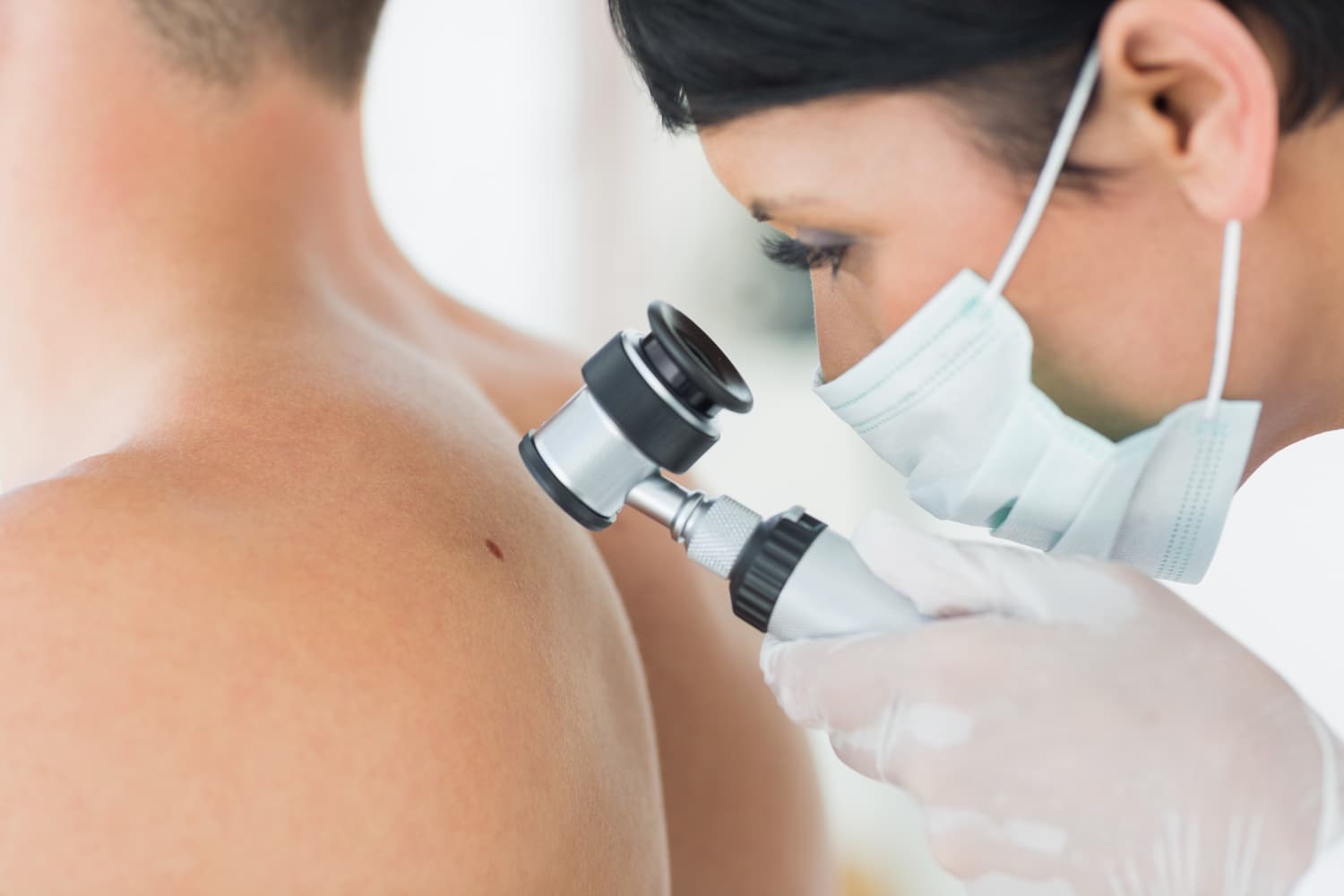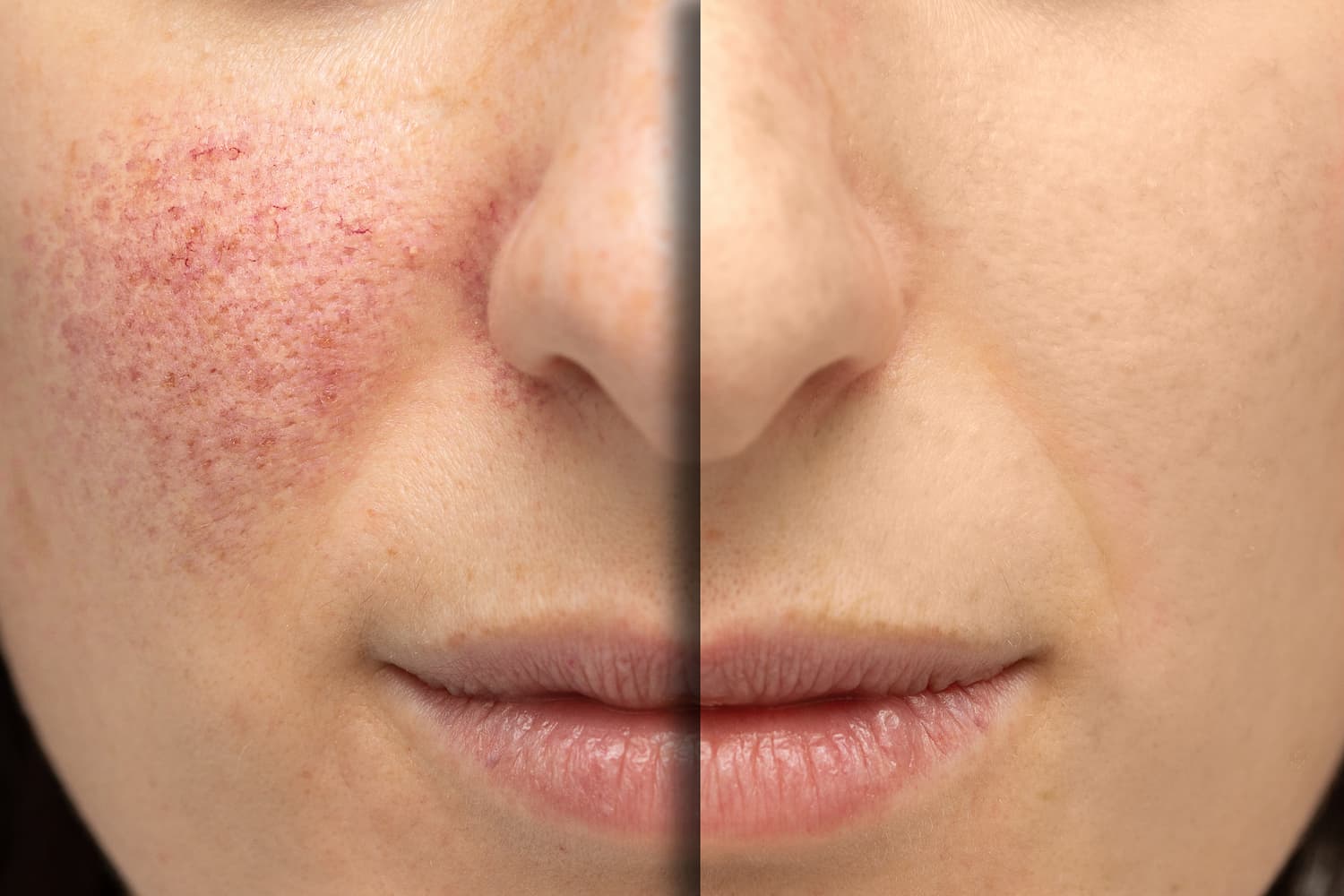Summer can lead to a host of skin problems from acne breakouts to heat rash and dry skin to swimmer’s ear. The experts at Affiliated Dermatology are sharing ways to avoid and treat some of summer’s most common skin issues.
Acne Breakouts
Pores can become clogged when sweat mixes with bacteria and oils. If you have acne-prone skin, use an oil-free sunscreen. To help prevent breakouts:
- Blot- don’t wipe- sweat from your skin with a clean towel.
- Change out of damp clothes as soon as possible.
- Wear natural fibers like cotton.
- Use non-comedogenic moisturizers and makeup.
Dry Skin
Spending time in the sun, pool and air conditioning can lead to dry skin.
- Drink plenty of water
- Avoid long, hot showers
- Avoid products that contain alcohol, which can be drying. Opt for a mild, noncomedogenic cleanser, which is formulated to not block pores.
- Wear a broad-spectrum sunscreen with SPF 30+ and water resistance.
Heat Rash
Clogged sweat glands can lead to build up under your skin and cause tiny, itchy bumps or blisters. Heat rash usually goes away after a few days, but if you sweat less, you can reduce your chances of getting it.
- Wear lightweight, loose-fitting cotton clothing.
- If you work outdoors, aim for the coolest parts of the day.
Sunburn
Getting sunburn can be painful and increase your risk of skin cancer. To avoid sunburned skin:
- Seek shade.
- Wear pants, long sleeves, sunglasses, and a hat.
- Wear a broad-spectrum sunscreen with SPF 30+ and water resistance.
To treat sunburn:
- Take cool baths or showers to relieve pain. Gently pay skin dry, leaving some water on the skin. Apply a moisturizer with aloe vera.
- A sunburn draws fluid to the skin’s surface and away from the rest of the body so drink more water to avoid dehydration.
- Wear clothing that covers your skin outdoors. Make sure the fabric is not sheer, aim for tightly woven fabrics to keep light away from the
Swimmer’s Itch
An itchy rash that appears after you go swimming or wading in lakes, ponds, and oceans. It’s caused by an allergic reaction to parasites that burrow into your skin. While swimmer’s itch is uncomfortable, it usually clears up on its own. You can prevent it by:
- Avoiding infested water. Look for warning signs that may be posted in the area and pay attention to what other swimmers have been hearing and experiencing. Also, avoid marshy areas where snails are commonly found.
- Rinse immediately after swimming with clean water. Then, briskly dry your skin. The parasites start to burrow when you’re no longer in the water and the water on your skin starts evaporating
- Apply waterproof sunscreen to protect skin from parasites.
Skin Care Questions?
If you’re not sure what that annoying itch or rash is—or if you feel like something is off with your skin, please feel free to reach out to Affiliated Dermatology! Skin health is our first priority.






